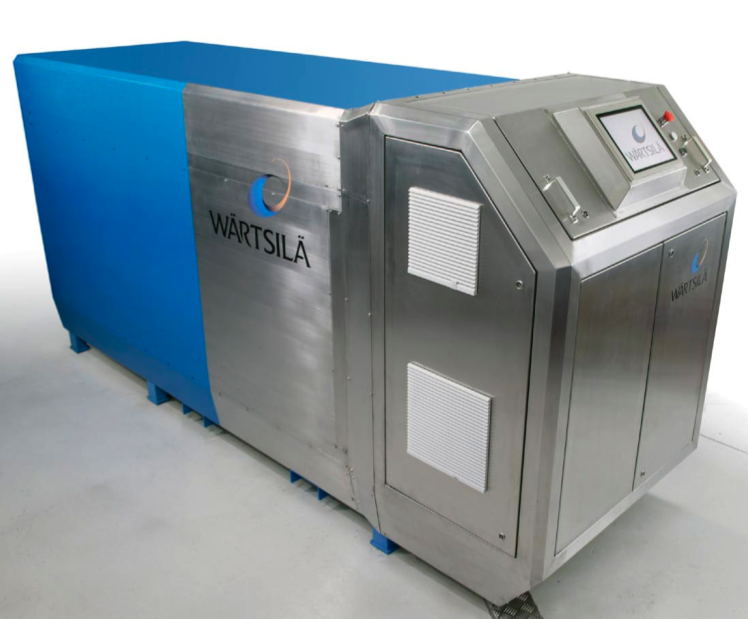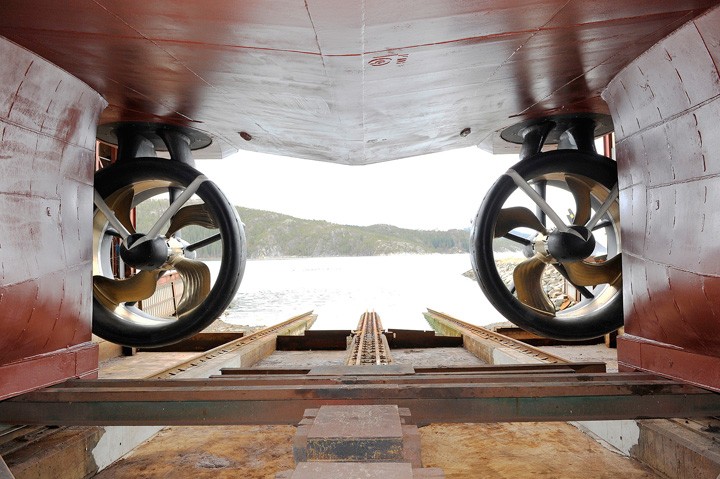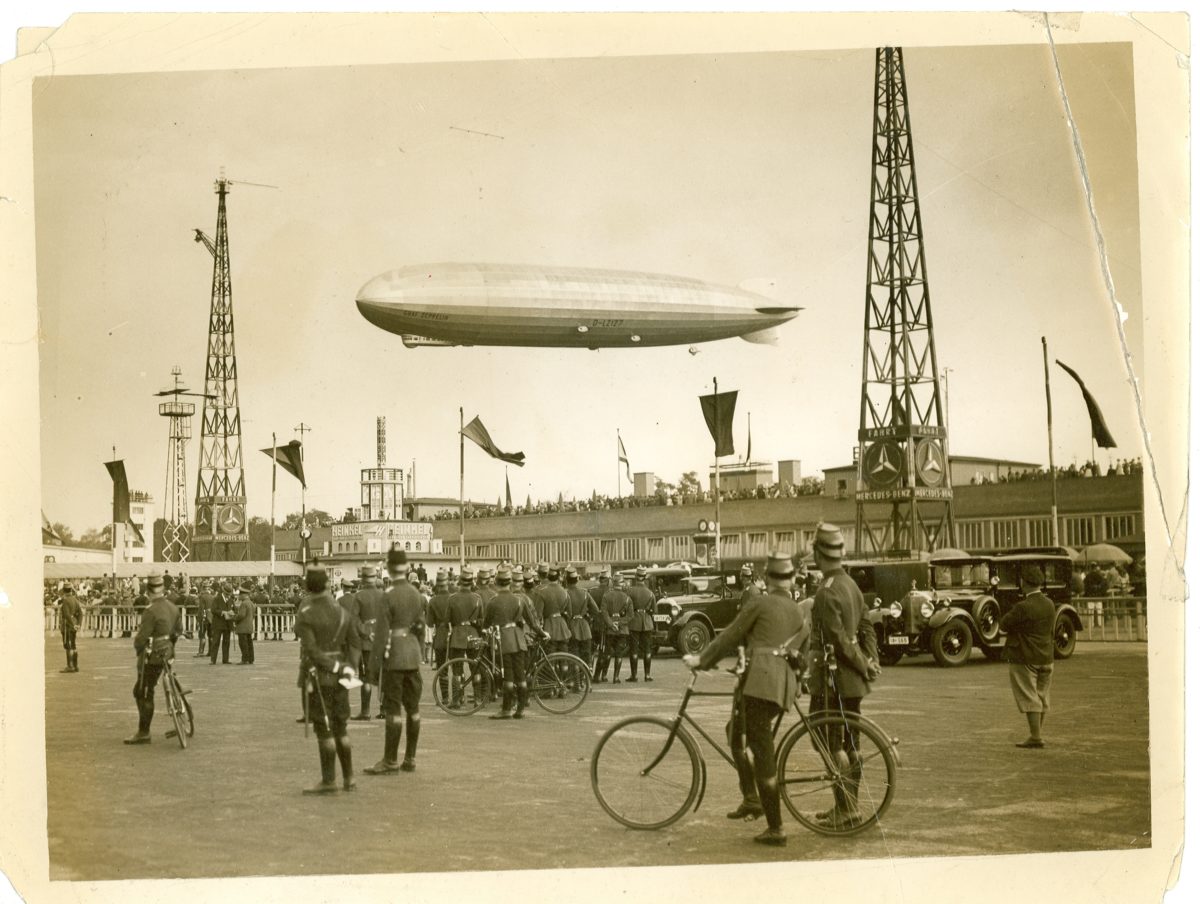Updated: February 5, 2026 (Originally published May 15, 2008)
Our friend Jean Pierre de Lutz is building a new boat using green technology and writing about it on his blog. Knowing we are interested in new technology geared toward reducing ship emissions he pointed us to the European Union funded project Wartsila METHAPU. Here are the details:
After nearly one and a half years of research and development, the EU-funded METHAPU (Validation of renewable methanol based auxiliary power systems for commercial vessels) project is about to start trials on a prototype of a methanol-based solid oxide fuel cell (SOFC) unit. The protoype will be tried and tested for performance and emissions under real-life conditions onboard a car transport vessel involved in international trade.
According to the independent Norwegian organisation Det Norske Veritas (DNV), one of the five project partners, the world’s fleet of ships is the source of two percent of global carbon dioxide emissions, ten percent to 15 percent of nitrous oxides (NOx) and four percent to six percent of sulphur oxides. DNV specialises in risk management in various areas and operates internationally. ‘Fuel cells represent an interesting possible solution to the problem of reducing local and regional emissions,’ the DNV comments in its report on ‘Fuel cells in ships: safety & reliability’. ‘The technology is, however, still fairly unproven.’
This is what the EUR 2 million METHAPU project, to which the EU contributes EUR 1 million, is set to change: The one-year trial will help to assess the maturity of methanol-based technology and its suitability for daily use in the shipping sector.
You can read the full article HERE.
Editorial Standards · Corrections · About gCaptain

 Join The Club
Join The Club











